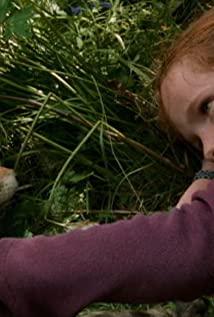From falling in love with it, she wanted to domesticate the fox.
So she always waited silently, waiting for it to appear, giving it food carefully, approaching it carefully, and expressing that she was not malicious.
So it got used to the presence of such a little girl, and began to relax its vigilance, willing to swim with the child in the forest. Even take her to its nest and would like her to play with its children.
The subtle friendship between humans and animals gradually deepens.
Gradually, she didn't seem satisfied that it was her waiting all the time, she tied a rope to it, hoping that it would play the game according to the rules. As a result it ran.
She got angry. And the fox would take the initiative to run to her house to see her.
She left it in her closed room.
Its unease finally made it break through the window.
She carried its "corpse" back to its nest, apologetic.
In the end, it didn't die, but it kept a safe distance from her.
She had come so close to its world, but once she wanted to possess it, she had to leave.
In the process of watching, I always hope that the little girl will not domesticate the fox. If it is domesticated, it may only bring harm to the fox. But in reality, if I see such a fox, or other animals, why would I want it to be mine, my own. In the end, I thought the fox was dead, so I was actually sad, and I would complain about why the little girl domesticated it, and I was relieved when I thought that she had rescued it.
Love has to keep a certain distance. People and animals are, and people and people are not.
View more about Le renard et l'enfant reviews










